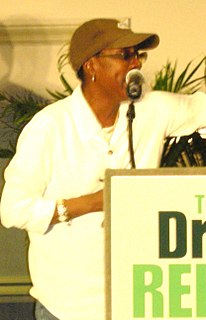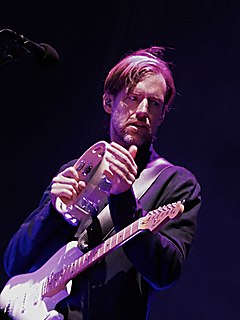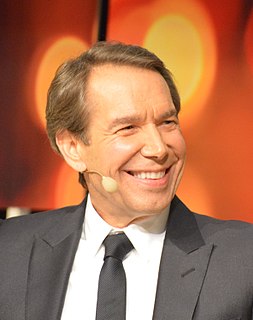A Quote by Isabel Allende
I don't think of literature as an end in itself. It's just a way of communicating something.
Quote Topics
Related Quotes
It seems to me that literature is giving way a little bit to the immediacy of other diversions, other forms of entertainment. What will it be in fifty years? I don't know. Will there be printed books? Probably, but I'm not sure. There's always going to be literature, though. I believe that. I think literature has a way of getting deep into people and being essential. Literature has its own powers.
My point of view comes more from the literature I've read and the comedy of the era. When I was a kid, coming across National Lampoon Magazine, that was a big thing. I suddenly felt like there were other people that felt the way I did, and there was a way of expressing and communicating this worldview.
I studied Comparative Literature at Cornell. Structuralism was real big then. The idea of reading and writing as being this language game. There's a lot of appeal to that. It's nice to think of it as this playful kind of thing. But I think that another way to look at it is "Look, I just want to be sincere. I want to write something and make you feel something and maybe you will go out and do something." And it seems that the world is in such bad shape now that we don't have time to do nothing but language games. That's how it seems to me.





































